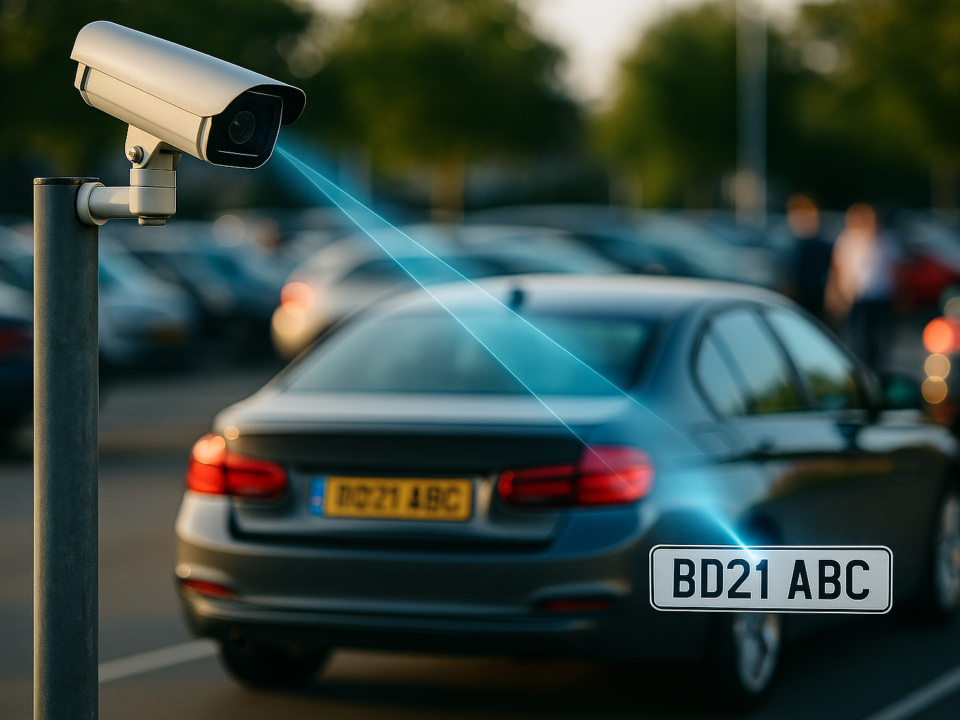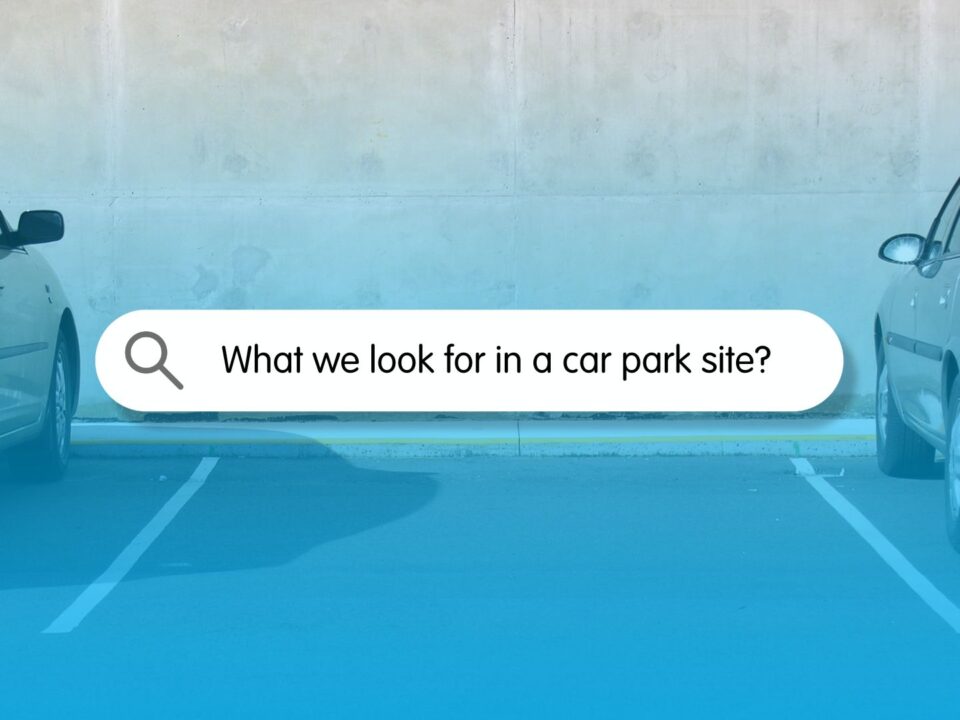Taking control of your car park: the case for (and against) Self-Ticketing

Park & Control taking on the Challenges in Car Park Management
11/07/2023
Beyond Parking: Elevating Your Car Park from Mere Space to a Valuable Asset with Hidden Opportunities and Community Gains
07/11/2023Car park management is a complex and sometimes contentious issue, with various methods and technologies available to address parking contraventions. One such method is self-ticketing, which allows landowners and their staff to report vehicles to a licensed car park management company for the issuance of Parking Charge Notices (PCNs) to unauthorised motorists on their private property. In this article, we will explore the case both for and against self-ticketing.
The Case for Self-Ticketing:
Immediate Control and Flexibility: Self-ticketing empowers landowners with immediate control over their parking areas. Utilising a handheld device with a pre-installed proprietary app, as favoured by Park & Control, or with your own mobile phone and a user-installed app, landowners can specify vehicles and report parking contraventions to a car park management service provider.
Adaptation to Seasonal Variations: For instance, during the summer months, when venturing out into the car park is more pleasant, and when the car park is bustling with visitors (think: a car park close to the beach), landowners can readily implement self-ticketing to maintain order and prevent unauthorised parking.
Alternative to 'traditional' enforcement: Self-ticketing serves as an alternative to traditional methods such as warden patrol(dependent though it is on when the warden can visit the car park)and, indeed, ANPR approaches: occasionally ANPR will have logistical issues - such as too wide an entrance for the camera to capture number plates accurately, or not having a straightforward way of supplying electrical power to the camera. There may also be planning restrictions meaning a camera can't be sited and in such cases, a camera in the hand might be the best alternative.

The Case Against Self-Ticketing:
Limited Professional Expertise: Self-ticketing may lack the professional expertise provided by dedicated enforcement personnel. Wardens are equipped with the knowledge and training required to handle various parking scenarios and know when a parking charge is likely to stick, or be successfully appealed. Wardens are also trained in dealing with confrontational situations which can happen if you're spotted by driver taking a photo of their vehicle.
Legal Risks: Although car park management companies like us will assess each contravention before issuing a PCN, self-ticketing can imply an absence of professional oversight, leading to potential legal issues. Incorrectly issued PCNs or disputes with motorists may result in legal complications and potential damage to a landowner's reputation.
Ethical Considerations: Self-ticketing raises ethical concerns related to fairness and transparency in enforcement. Some landowners may be tempted to misuse the system for personal gain or favouritism, potentially leading to disputes and dissatisfaction among motorists – this was one of the chief concerns of the Department of Levelling Up when it drew up the, currently temporarily withdrawn Parking Code. It’s true that some companies offer PCN revenue shares, which can have the effect of incentivising self-ticketers, with the original motivation of deterring unauthorised and selfish parking giving way to the desire to simply make money.

In the dynamic world of car park management, the choice between self-ticketing and traditional enforcement methods is not a one-size-fits-all decision. Each approach has its merits and drawbacks, and it's imperative for car park management providers to carefully evaluate their unique needs and circumstances.
Self-ticketing offers immediate control, adaptability to seasonal changes, and a viable alternative to ‘traditional’enforcement methods. However, it does come with limitations in terms of professional expertise, potential legal risks, and ethical considerations.
In the end, the decision hinges on a car park owner’s priorities and goals. Are you seeking a robust and flexible solution for maintaining order in your car park? Or do you value the expertise and professionalism of dedicated enforcement personnel? It's a nuanced choice that should be made with a deep understanding of the implications and consequences.
At Park & Control, we believe in empowering our clients with options that suit their specific needs. Whether you opt for self-ticketing or ANPR, our commitment to responsible car park management remains unwavering. We assess each contravention judiciously, prioritise fairness, and uphold transparency.
In conclusion, the debate between self-ticketing and traditional enforcement methods is an ongoing one, and there is no definitive answer. What matters most is that car park management providers prioritise the needs and satisfaction of their patrons while maintaining order and fairness. By doing so, we can navigate the complexities of car park management with diligence and integrity, ensuring a positive experience for all stakeholders.






